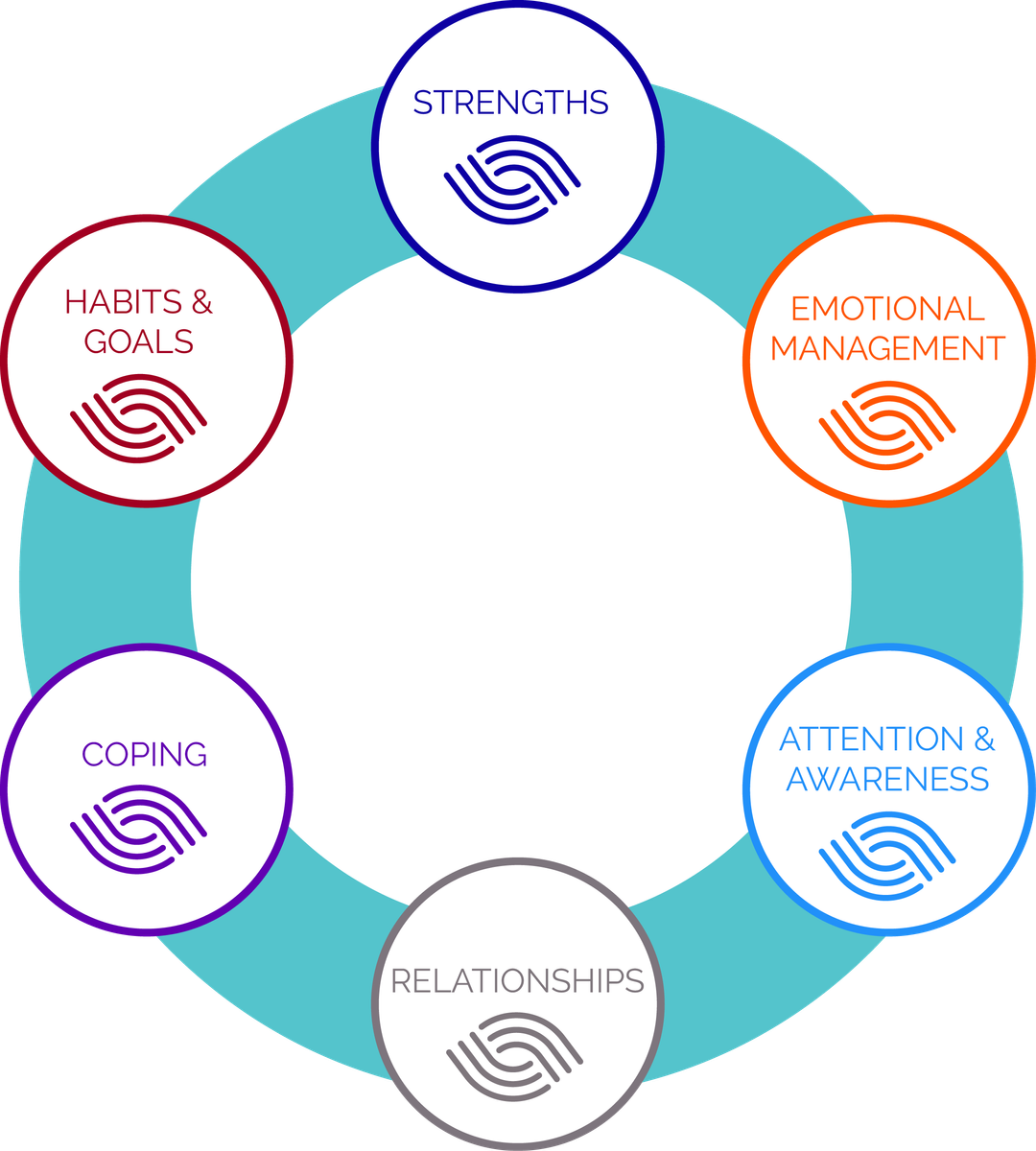Wellbeing
Purpose I Positive Emotions I Relationships I Meaning I Accomplishment

Wellbeing
Purpose I Positive Emotions I Relationships I Meaning I Accomplishment
Our wellbeing focus is derived from the evidence based Resilience, Rights and Respectful Relationships curriculum (developed by a team from the Youth Research Centre, Melbourne Graduate School of Education, University of Melbourne).
Further information about Respectful Relationships education can be found at: https://www.vic.gov.au/respectful-relationships
Our whole school approach will be strengthened by a partnership with Professor Lea Waters who is facilitating professional learning at HPS. Visible Wellbeing is the culmination of 20 years of high-impact research in psychology and education conducted and published by Professor Lea Waters.
At the core of VWB is the SEARCH framework, developed by Professor Waters.


For further research visit - Visible Wellbeing.
By the end of Level 6:
In Term 2, Year 6 students will be looking at emotional management and positive coping.
Activities in this unit will assist students to:
We encourage you to continue these discussions at home, engaging in conversations about what your child has been learning in their Wellbeing sessions. If you have any concerns about topics raised, please do not hesitate to contact your child’s teacher.